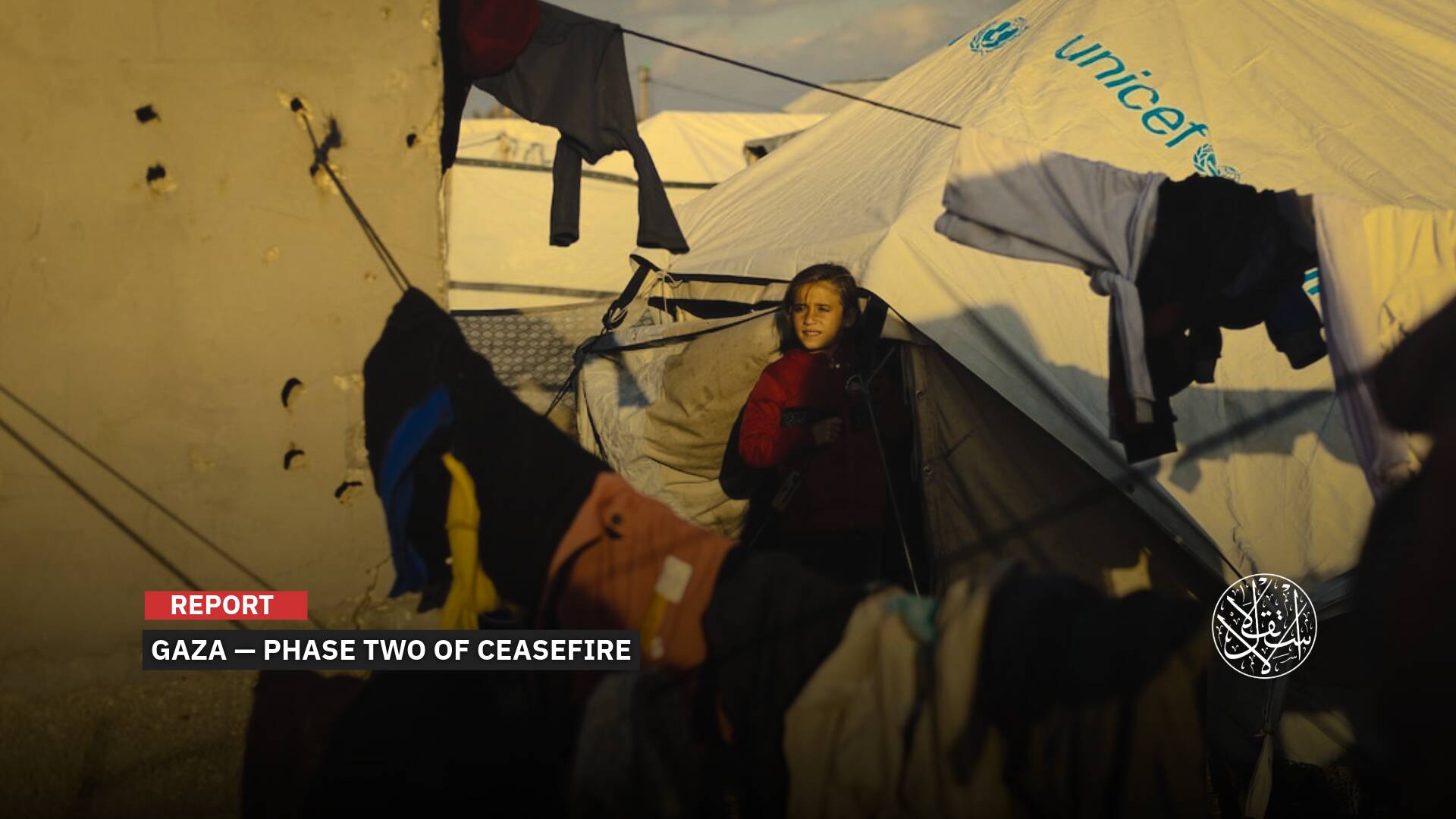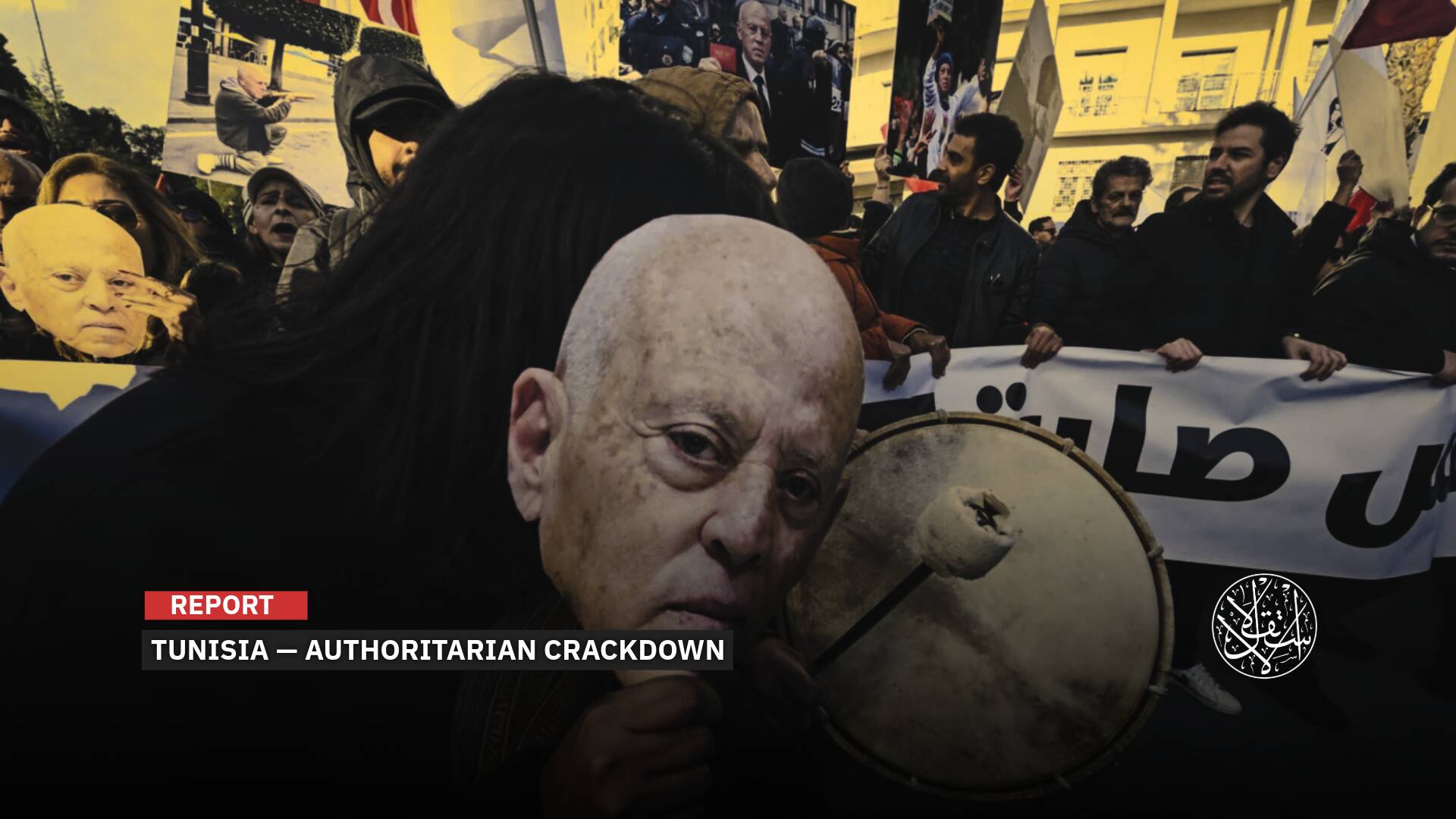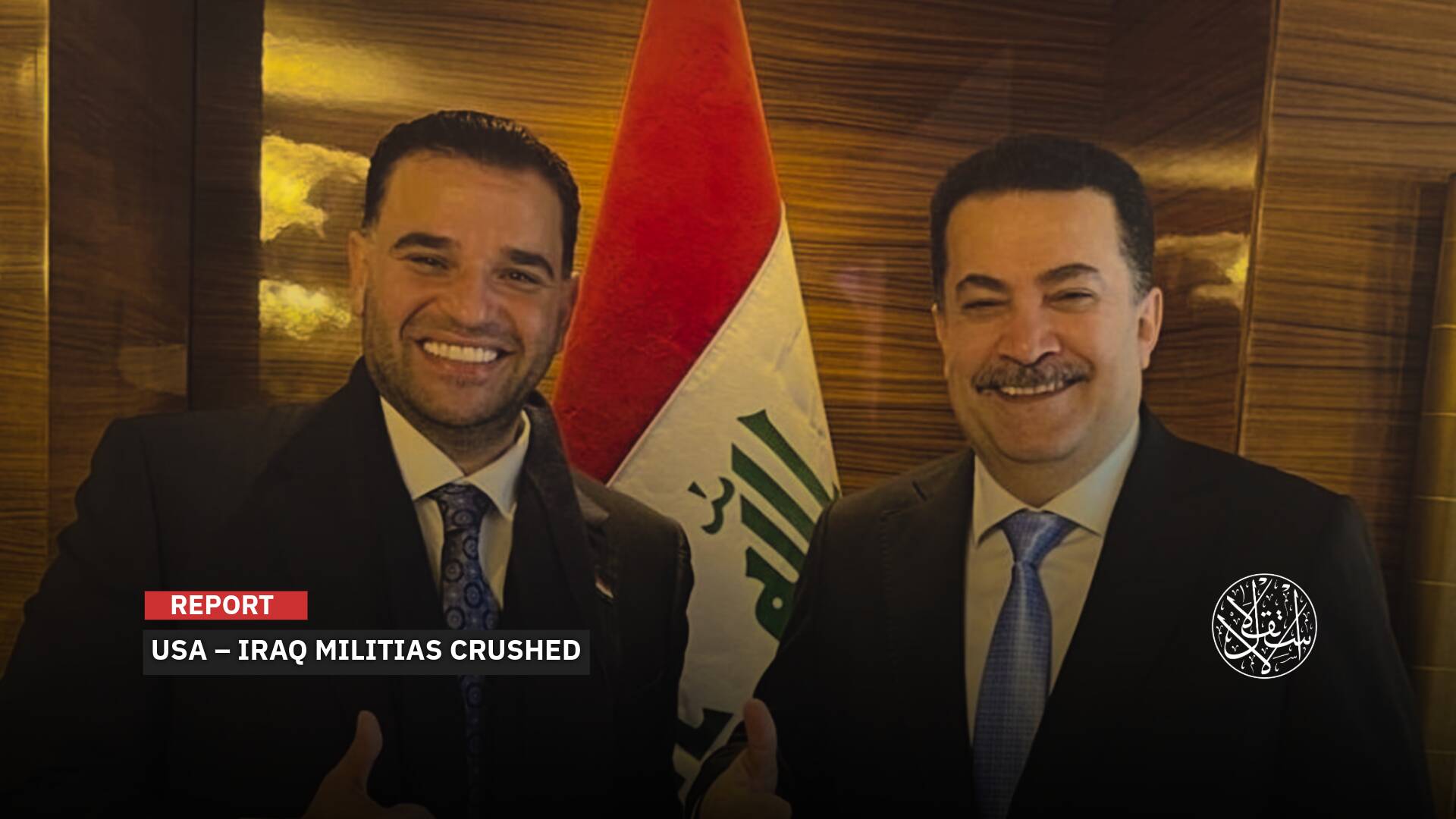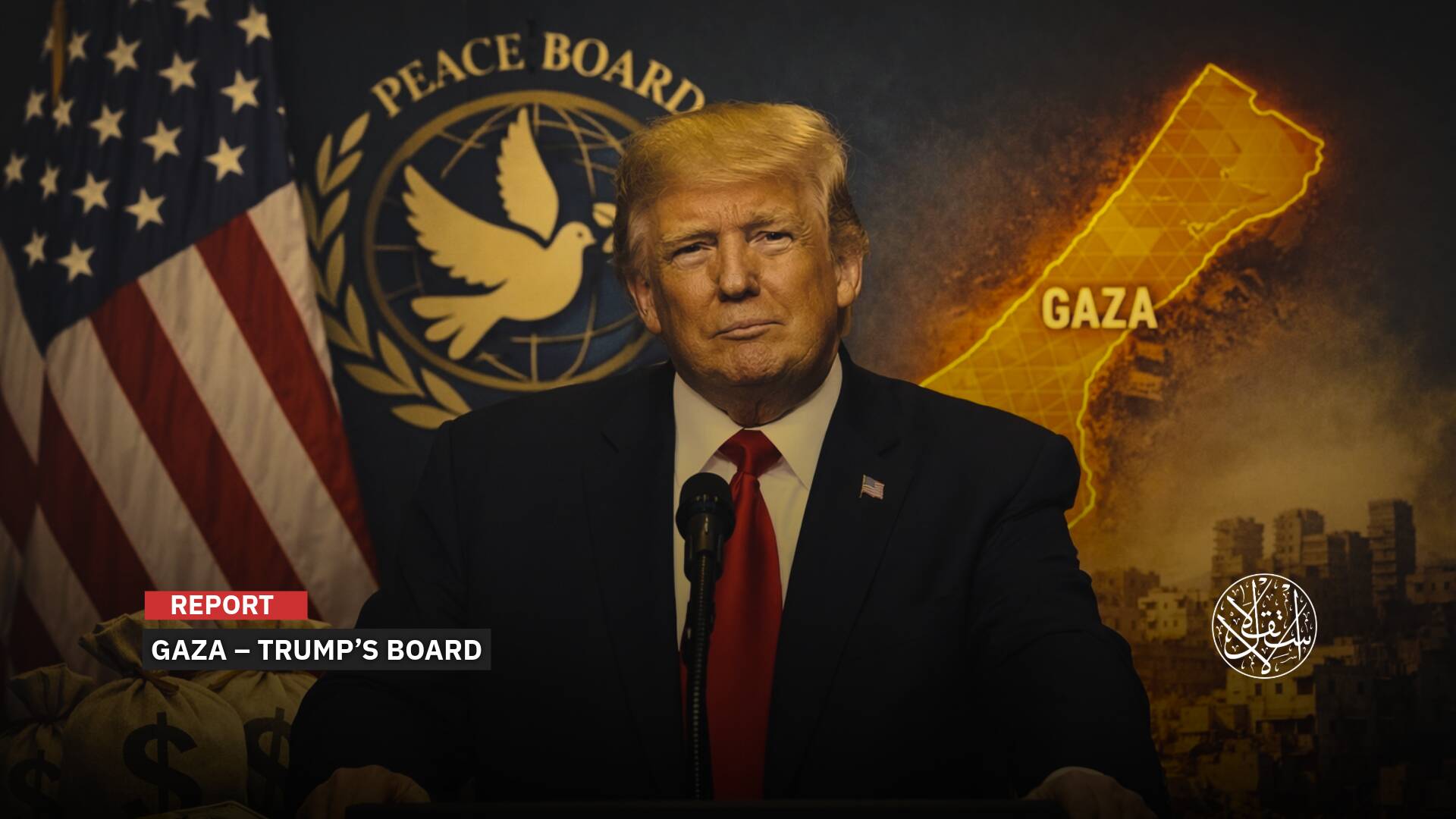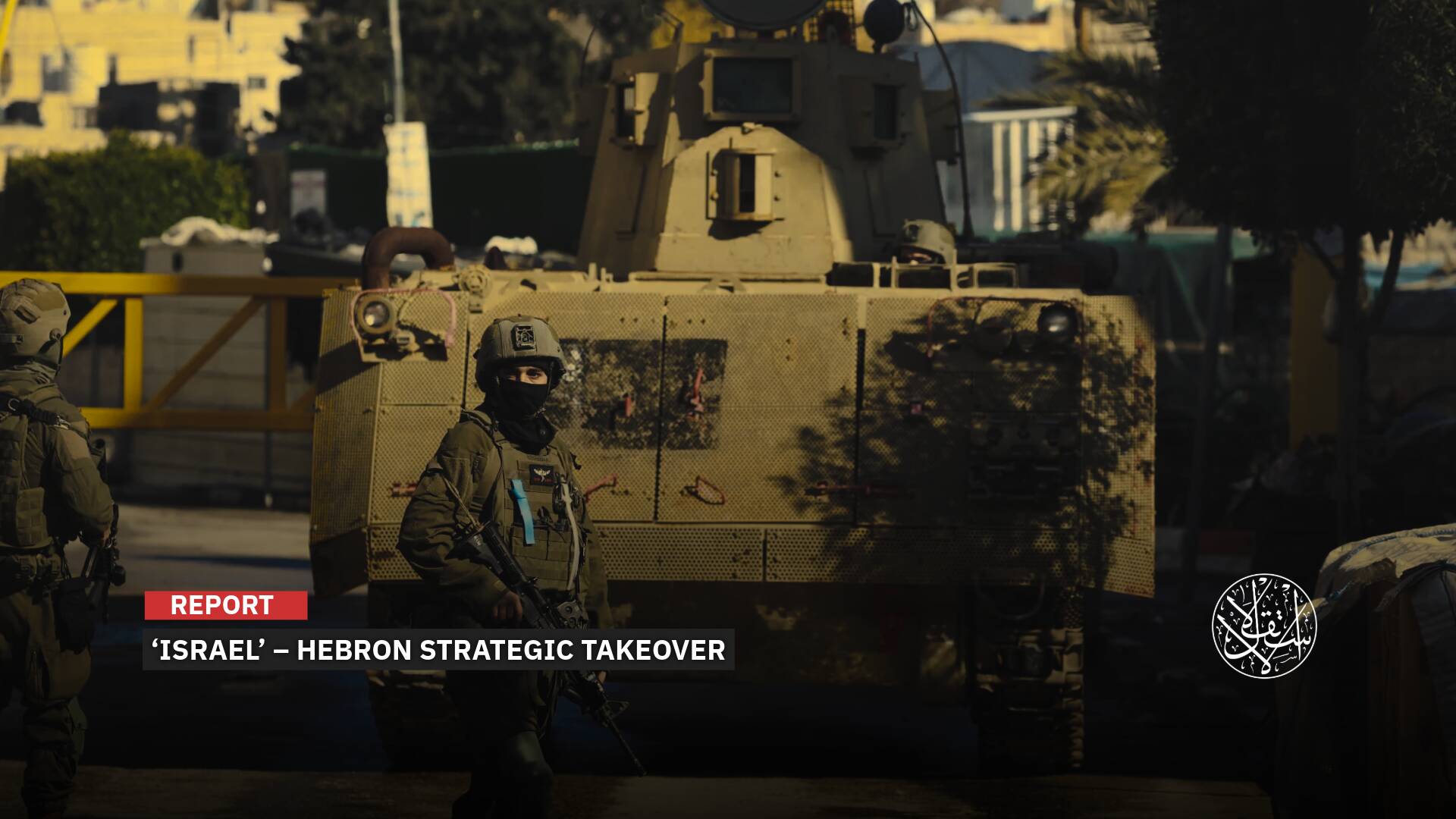Progressive Legacy vs. Conservative Approach: Which Way Will the New Vatican Pope Take?

“Cardinal Robert Prevost recently became leader to the world’s 1.4 billion Catholics.”
In a surprising moment in St. Peter's Square, the Vatican announced on May 8 the election of 69-year-old American Cardinal Robert Prevost as the new Pope of the Catholic Church.
In his first address, the new Pope, who took the name Leo XIV, called for peace and unity, emphasizing the importance of mercy and solidarity with migrants and the marginalized.
He praised the legacy of his predecessor, Pope Francis, and called for an open and inclusive Church.
It is noteworthy that Pope Francis died on April 21 at the age of 88, after leading the Catholic Church, which has 1.4 billion followers, for 12 years.
The new pope faces a host of internal and external challenges, particularly the completion of church reforms amid growing alienation from the church due to priest scandals and the spread of atheism in the West.
Catholic Church
The Vatican recently announced that American Cardinal Robert Prevost has officially become the 267th Pope. He will be installed during a Mass on May 18, and he will deliver his first public address on May 21.
As the first American in history to assume this sacred office, Pope Leo XIV represents a profound shift in the Vatican's vision of the contemporary world.
Before his election, American cardinals were largely excluded from the papal race due to the prevailing belief that the global Church could not be led by a Pope from a global superpower.
However, Pope Leo XIV also holds Peruvian citizenship, meaning he possesses a deep knowledge of the West and less developed countries.
His choice of the name Pope Leo XIV was an indication of Leo's leadership in the Church, a name often used by popes to indicate the priorities of their new papacy.
The last Pope to bear this name was Leo XIII, who led the Church from 1878 to 1903. He was known for his strong focus on issues of social justice
He is often credited with laying the foundations of modern Catholic social teaching, as well as for his call for the dignity of work, justice, and the protection of the poor from the brutality of capitalism.
In a related context, the new Pope's first address profoundly reflected the spirit he intended to bring to his pontificate: “Peace be upon you all... We desire a peace that fills hearts... a peace disarmed and devoid of the power to kill. A peace that enters hearts and the world together.”
Leo XIV not only declared his commitment to peace but also reactivated the Church's role in defending social justice and human rights in a global context rife with crises, wars, poverty, and discrimination.
The new Pope's speech was not merely symbolic rhetoric. Rather, his speech was a stance against the arms race and military solutions that have become the normal course of conflict.
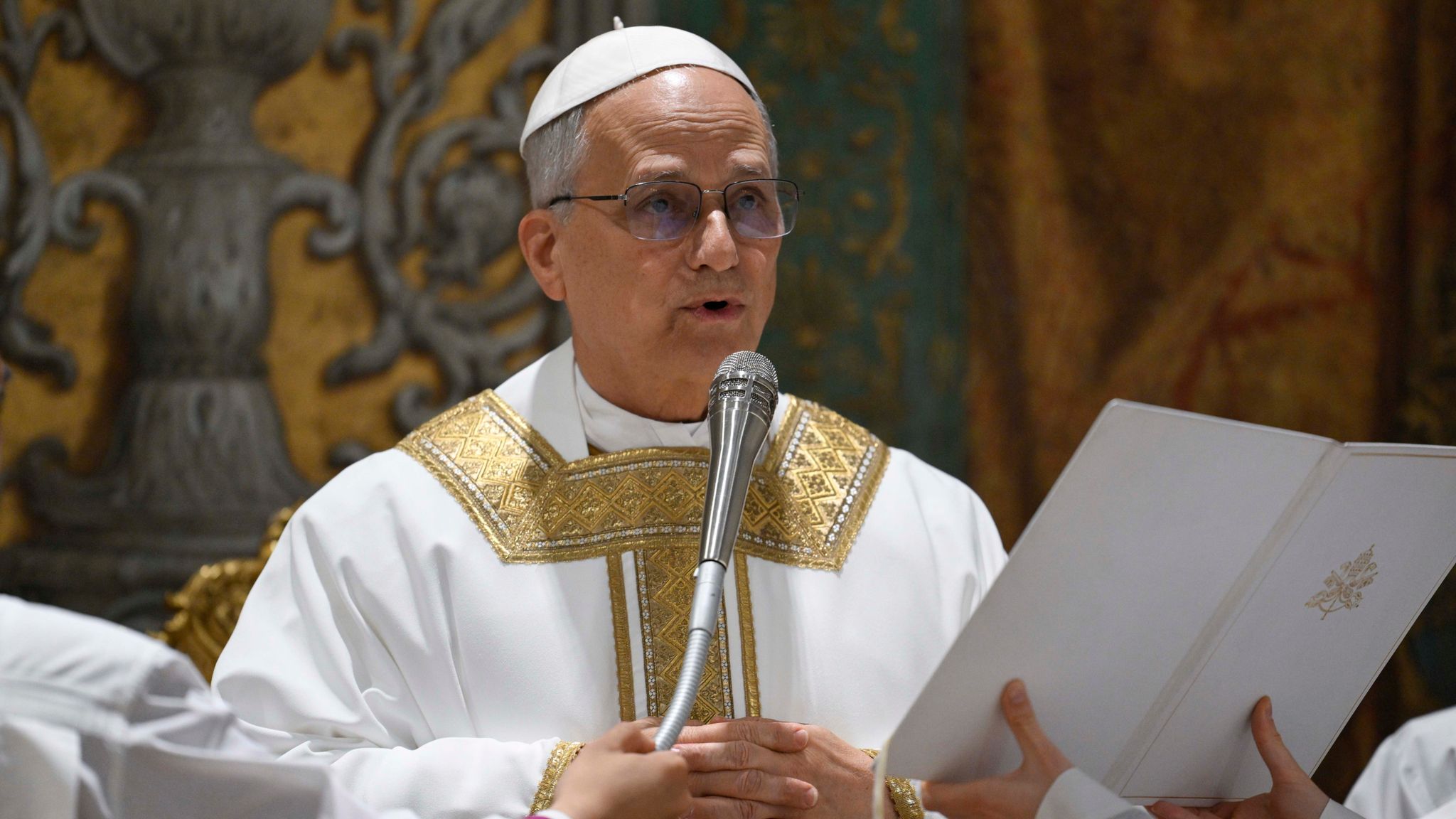
His Priestly Career
Robert Prevost was born in Chicago, Illinois, in September 1955.
He studied mathematics at Villanova University in Pennsylvania and then entered the Order of Saint Augustine in Saint Louis.
In 1981, he received a diploma in theology from the Catholic Theological Union in Chicago.
At the age of 27, he was sent by the Order to Rome to study canon law at the Pontifical University of Saint Thomas Aquinas (Angelicum).
He was ordained a priest in June 1982, and received his monastic licentiate in 1984.
Prevost's priestly career was marked by extensive field experience outside his country.
He spent many years in South America as a missionary, particularly in Peru, where he served as a priest in Trujillo for a decade and then as Bishop of Chiclayo from 2014 to 2023.
This extensive experience outside the United States was considered an important factor in reassuring cardinals, who were traditionally wary of the election of an American pope, given his country's extensive political presence on the international stage.
He became a cardinal only in 2023, and was subsequently brought to Rome by Pope Francis to head the Vatican's Congregation for Bishops, the body responsible for examining candidates for leadership of dioceses around the world.
When asked about addressing clerical abuse, Prevost noted that there are places where good work has been done for years, according to the rules, but there is still much to learn.
In 2000, he was criticized for his handling of priest sex abuse cases in the U.S. and Peru.
Despite his denial of the accusations, these cases continue to hound him in the media and spark debate about the new pope's role in achieving justice for victims.
Last year, three women alleged that the new pope worked to cover up the crimes of priests who sexually abused them as children during his tenure as cardinal of Chiclayo, Peru.
The women said that when they brought these claims to the Diocese of Chiclayo in 2022, no proper investigation was opened.
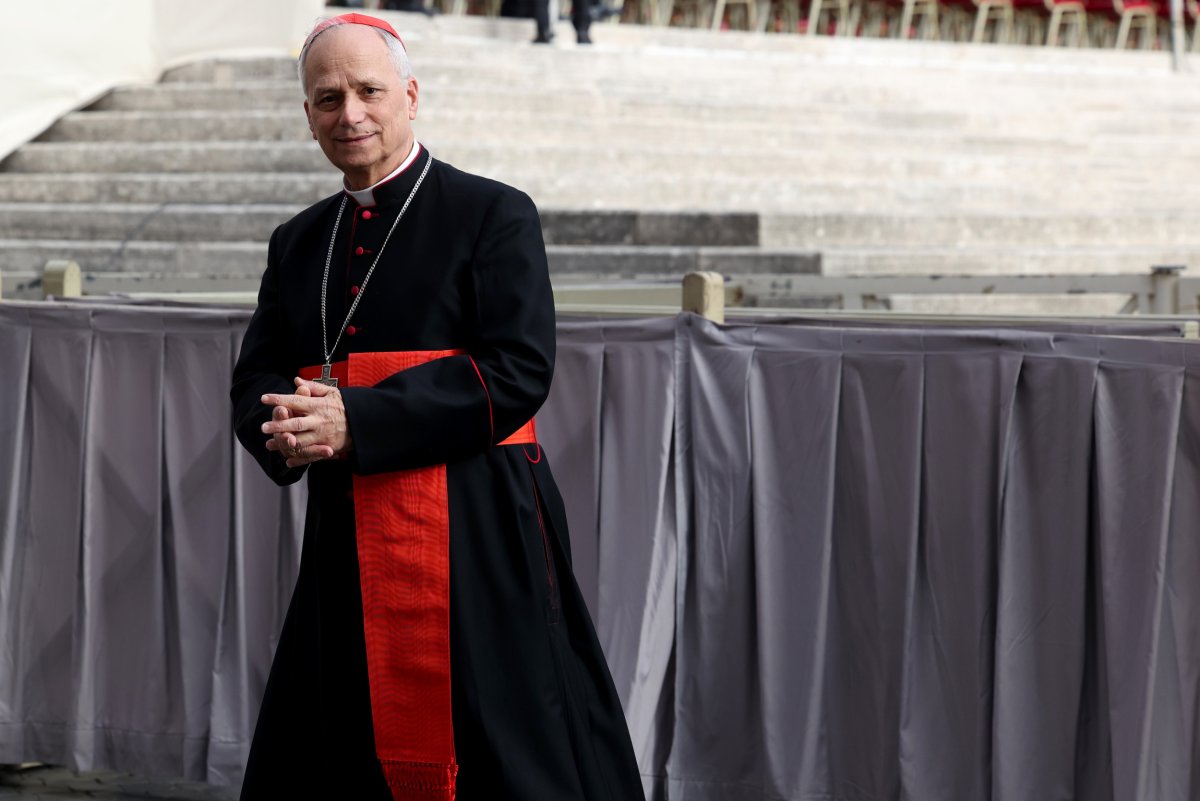
Widespread Challenges
Pope Francis's successor inherits a number of challenges in a world plagued by political and social turmoil, from budget deficits to divisions over whether the Church should be more welcoming to the LGBTQ+ community and divorced people, and whether it should allow women to play a greater role in its affairs.
According to observers, Leo XIV is expected to continue the reformist approach of the late Pope Francis, while strengthening the role of the laity and women in church structures.
The election of Leo XIV is seen as the beginning of a new phase in the history of the Catholic Church, especially as he combines American identity with Latin American experience and comes from a background rich in cultural, linguistic, and spiritual diversity.
Despite the challenges ahead, his humble personality, extensive experience, and bold positions make him a pivotal figure in reshaping the Catholic Church in the 21st century.
According to NBC News, Pope Francis was widely viewed as a progressive force, at least compared to his predecessors and peers.
Pope Francis has likened abortion to hiring a hitman, angering traditional conservatives. He has also used the church's platform to speak out about the Israeli war on Gaza.
On the other hand, Prevost's past publications, which have addressed issues such as immigration, gun control, climate change, the death penalty, and even the George Floyd case, have made him a target for leftist and liberal criticism, despite his conservative Catholic positions on other issues, such as abortion.
During a Vatican news conference in 2023, he said women can add a great deal to the life of the church on many different levels, though he warned that clericalising women might make a new problem.
However, like Pope Francis, he affirms the Church's ban on women being ordained as priests.
His views on LGBTQ+ rights may diverge from those of Pope Francis, who was relatively progressive in this space.
In 2012, Prevost criticized the positive portrayal of same-sex couples in the media, considering it a contradiction to the teachings of the Gospel.
There is concern in the Vatican about the Church's decline in the West and its alienation from it, especially as recent years have seen a focus on Africa, Asia, and Latin America.
A recent report reveals that while Christianity is growing in Latin America, Asia, and Africa (the Global South), it is declining in North America and Western Europe.
Estimates indicate that by 2050, 78% of the world's Christians will live in the Global South.
Therefore, one of the major issues that Pope Leo XIV will face will be how to meet the needs of a Church whose followers are growing in the countries of the Global South.

American Criticism
Pope Leo XIV appears to be opposed to almost everything the US president stands for, and perhaps the biggest issue on which Trump and the new pope differ is immigration.
While Trump continues to implement mass deportations of undocumented immigrants in the U.S., Pope Leo XIV supports immigrants, refugees, human rights, and the poor.
Alberto Melloni, a Professor of History of Christianity at the University of Modena, said that Pope Leo XIV undoubtedly poses a problem for Trump because he has taken a very serious stance and represents the American model that Trump hates: Spanish speakers.
After donning the white robe, he quickly established himself as a voice for immigrants, denouncing horrific violations of human dignity, a reference to the growing anti-immigrant rhetoric in his homeland.
Prevost's previous social media posts, openly critical of the Trump administration, have also sparked heated debate between his supporters and opponents, highlighting the chronic tension between politics and religion.
This year, Prevost criticized both US President Trump and his Salvadoran counterpart, Nayib Bukele, over the deportation and detention of immigrant Kilmar Abrego Garcia, and published an article in the Catholic Standard website comparing the suffering of refugees to the Passion of Christ.
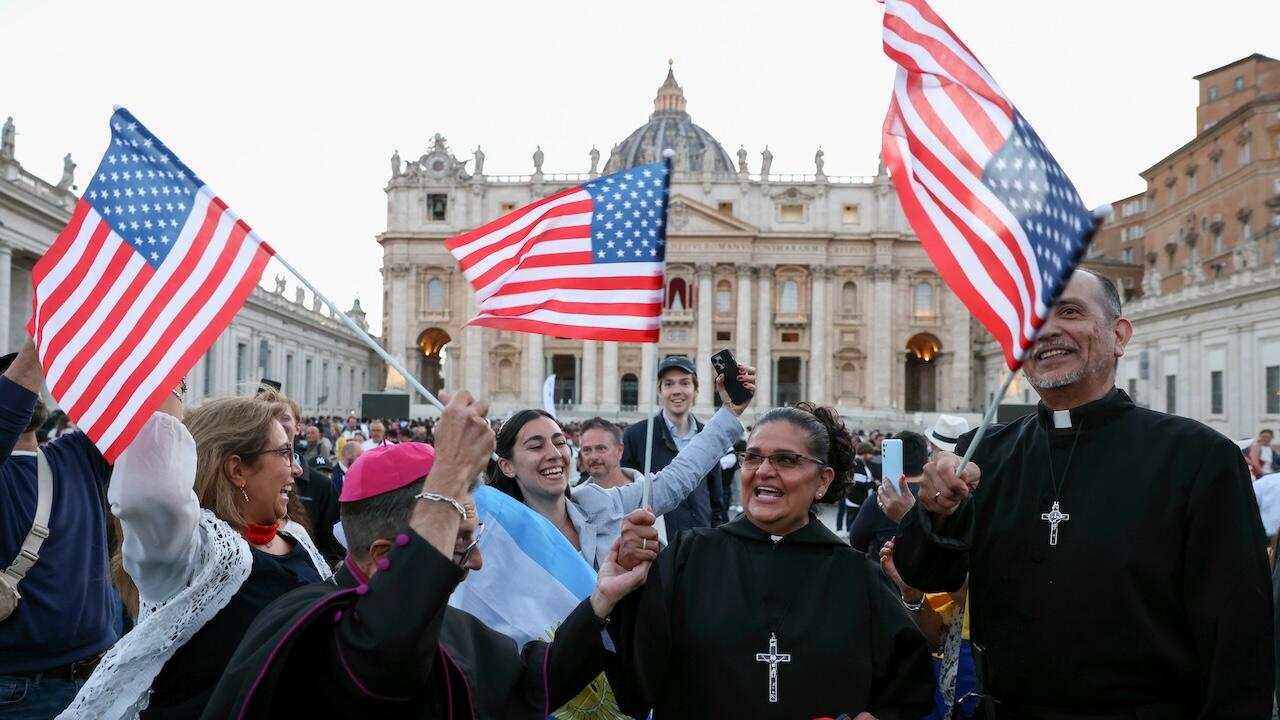
The American right-wing reaction to Prevost's election was swift and often hostile.
MAGA figure Sean Davis called the Pope anti-Trump and pro–open borders, while Charlie Kirk accused the pope of retweeting George Floyd propaganda.
“Woke Marxist Pope,” tweeted far-right activist and Trump ally Laura Loomer, who also called Leo just another Marxist puppet in the Vatican.
Right-wing commentator Megyn Kelly wrote a sarcastic post, asking, “Is it too much to hope that a 20-year-old man runs the Pope’s X account and never even looked into it?”
Despite previous criticism, both Trump and Vice President J.D. Vance opted for a diplomatic tone after Prevost’s election.
Trump wrote on Truth Social: “Congratulations to Cardinal Robert Francis Prevost, it is a great honor to be the first American Pope. What a thrill, and a great honor for our country.”



